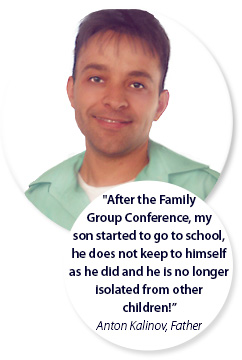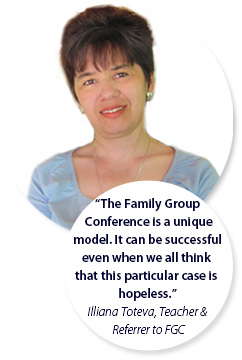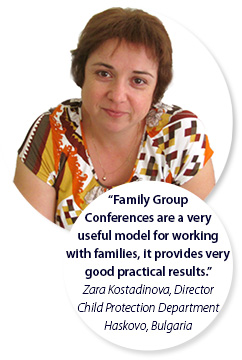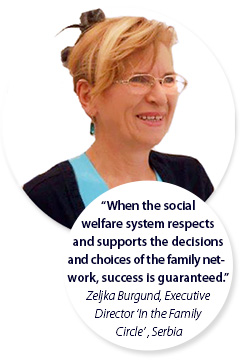A burning question
Two girls aged 16 and 17 robbed passers-by on the street of their money and phones. Often these were girls and women or not too strong boys. Remarkable was the violence they used; kicking and hitting. The police were on top of this case and they were caught red-handed. Because of the large number of cases and the violence, they were sentenced to the maximum penalty for minors: one year in juvenile detention.
During their pre-trial detention, these girls began to realize what had happened “as if they were waking up from a bad dream,” their lawyer said. He told them about the possibility of a restorative conference, and after their sentencing they asked for one. When it became clear that they were willing to take responsibility for their behavior, the preparations could begin. Eight of their victims didn’t feel the need for such a confrontation. A lot of time had passed since the event. Fortunately, one woman was willing to engage in this process because, she said, “I have one question that keeps haunting me: why did you keep kicking me when I had already given you my money?”
Because of the detention the meeting took place in prison. In a room the girls, their mothers, two sisters and an aunt were waiting together. When the woman came in, along with her husband and a brother, a shock went through the participants. The woman was visibly heavily pregnant and you could see everyone calculating.
The restorative questions were asked: What happened, What did you think at the time, Who was harmed, in what way? What impact did it have on you, how do you feel about it now. What needs to be done now to make it right again?
These questions were answered by everyone so that feelings and thoughts of all were shared. This created a process in which feelings changed from disgust, anger and sadness to surprise and amazement. ‘I didn’t know it was like that’.
The question about continuing to kick was asked but without a good answer, deep shame was visible and not only among the girls. Eventually they created a restorative plan of what to do next. Excuses for sure, other elements of the plan were suggested by the participants. Everyone agreed to the plan and the facilitator went to make a copy for all attendees. When he returned, to his surprise, the atmosphere had completely changed. The girls and their mothers sat in a circle around the woman who vividly explained to them in detail how an education and a job can completely change your life for the better. Who could have imagined this positive informal ending beforehand?
A story from the Netherlands
<< back to overview




